Search
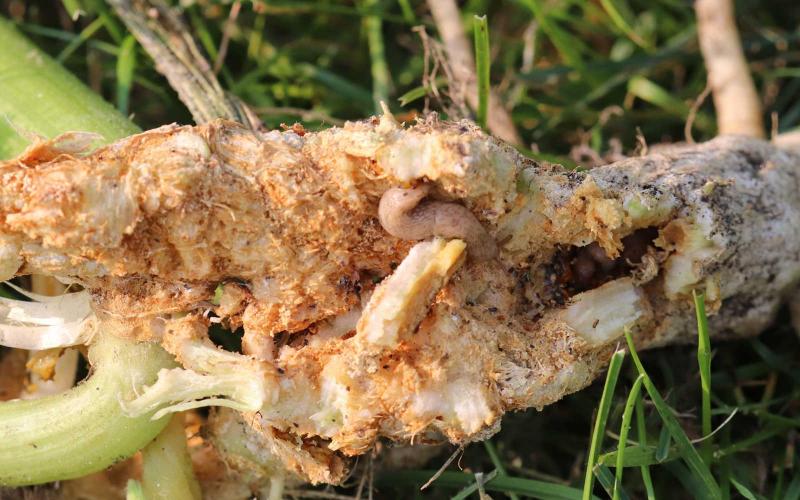
Watch Your Squash! Squash Vine Borer Moths Are Active.
Each year vine crops, including squash, zucchini and pumpkin plants, fall victim to squash vine borer larvae feeding inside their stems.

Interactive Grain Report Tool
The SDSU Extension Interactive Grain Report Tool provides a real-time and historical grain situation report for corn, soybeans, hard red spring wheat, and winter wheat. The tool gathers data on average state elevator cash bids, export cash bids, rail and barge costs, grain stock levels, rail cars loaded by state with grain, grain barge movements, and marketing year export inspections.
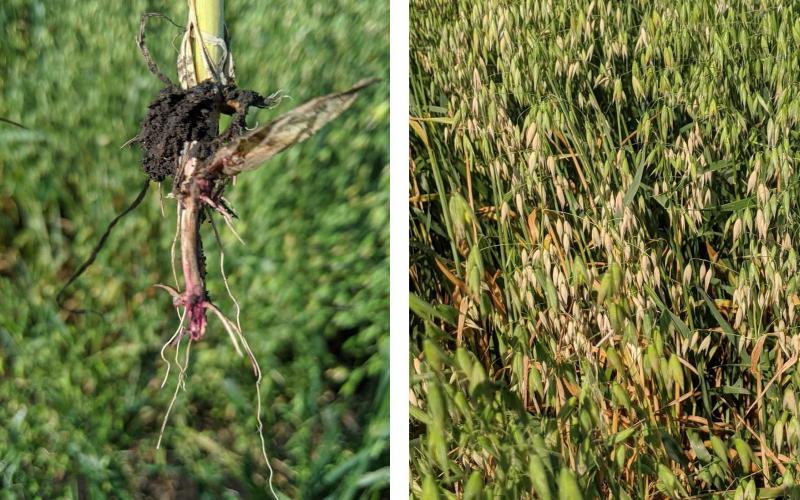
Fusarium Crown and Root Rot Observed in Oats
Some oat fields are showing plants wilting with tillers dying prematurely and heads looking bleached. Inspecting the crown and sub-crown area reveals the discoloration and rotting and sometimes a pinkish color can be observed. These are typical symptoms of Fusarium root and crown rot.
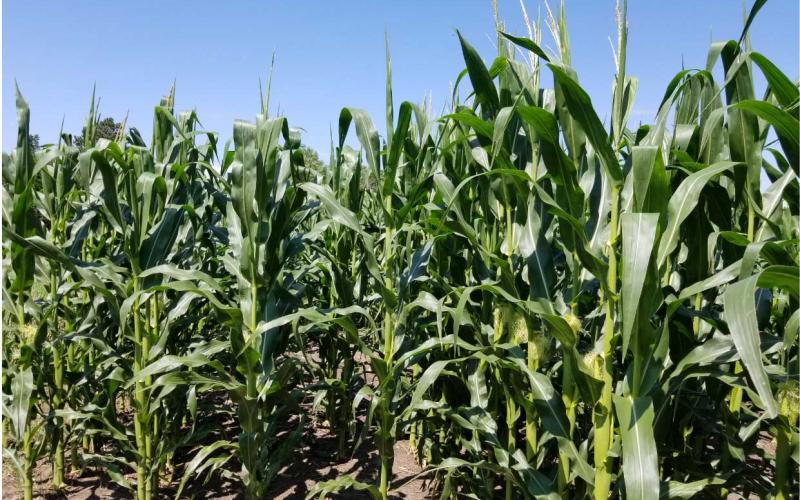
Flowering in Corn
Corn is at or near the most critical growth condition. Successful flowering and pollination are very important in determining the fate of the kernel setting and development. This article summarizes the pollination process and the effects of dry, hot conditions on pollination.
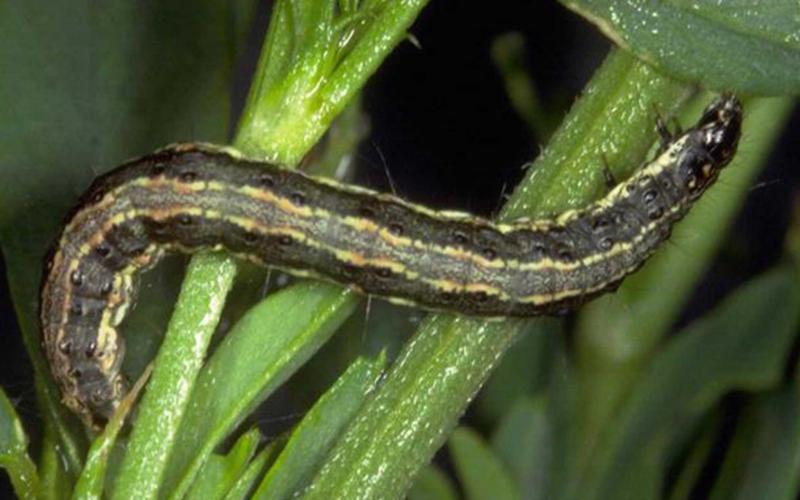
Monitor Soybean and Sunflower for Alfalfa Webworm Caterpillars
In the last couple of weeks, we have received numerous reports of small green caterpillars in soybean and sunflower. The caterpillars have been described as producing webbing and moving extremely quickly when disturbed.
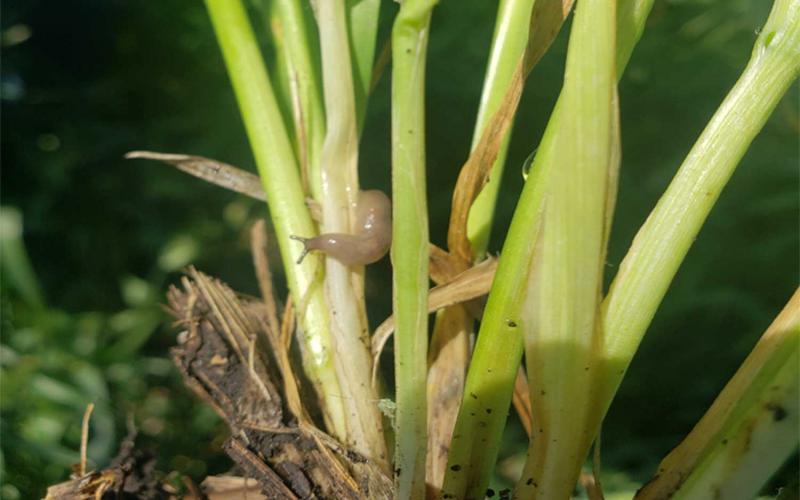
Slugs Causing Issues in Some South Dakota Wheat Fields
Slug activity in wheat fields has been reported in South Dakota. Although slugs are not normally an issue in South Dakota crops, they can pose a threat when field conditions are just right.
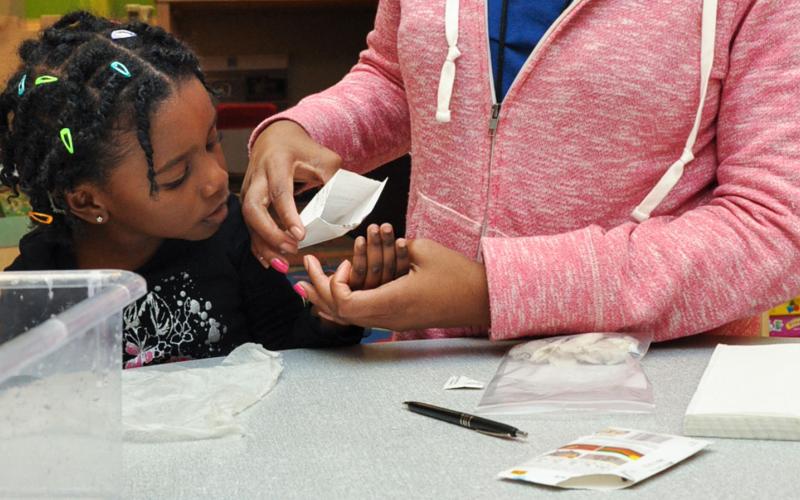
Plant the Seed
In this Grow Getters lesson, students will learn to identify the parts of a seed and the growth and development of a seed to a plant.
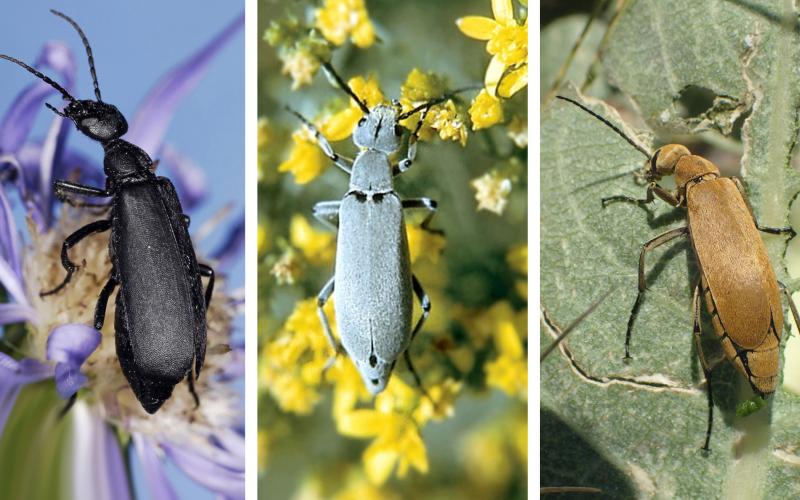
Check Alfalfa for Blister Beetle Activity
Blister beetles are becoming more common as we progress through the growing season. Recently, there have been multiple reports of blister beetles showing up in alfalfa fields.
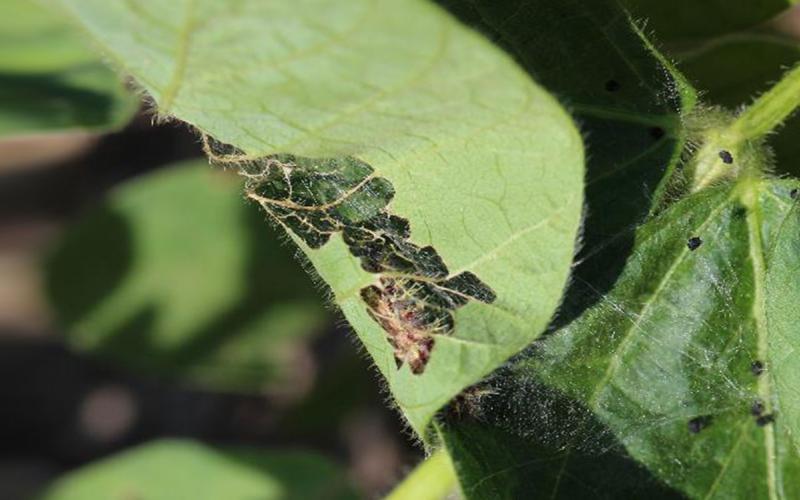
Start Scouting Fields for Thistle Caterpillar Activity
Many of our summer insect pests overwinter in the Southern U.S. and rely on wind currents to travel north in the spring and summer. The thistle caterpillar is one of those pests.
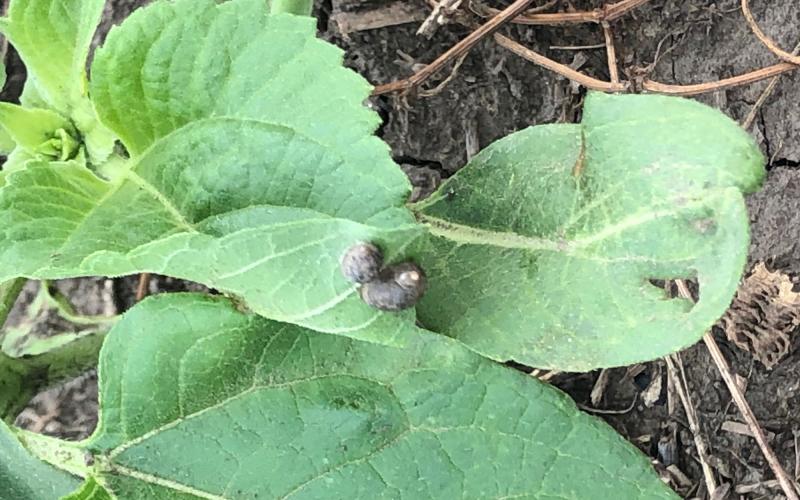
Snails Observed in South Dakota Sunflower
Last week we received reports of snail populations causing issues in South Dakota sunflower fields. Snails are normally not an issue in South Dakota crops but like their slug relatives, they can pose a threat to crops when field conditions are just right.